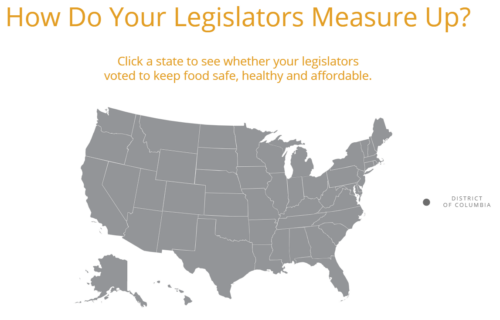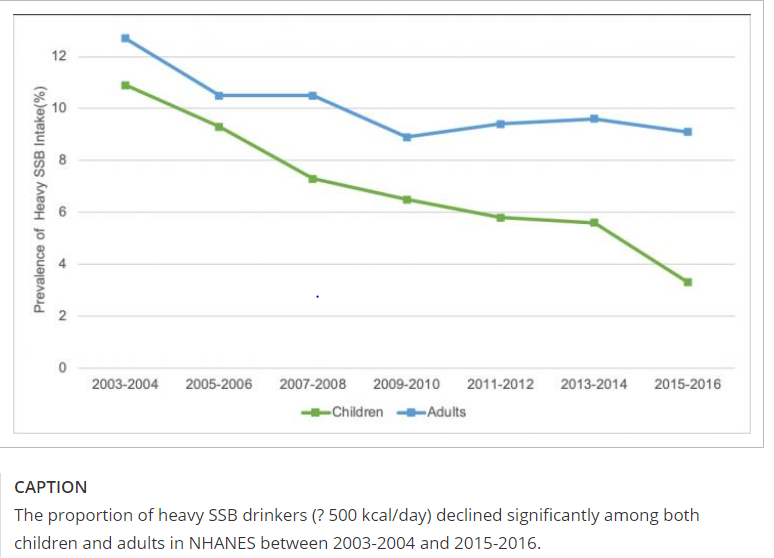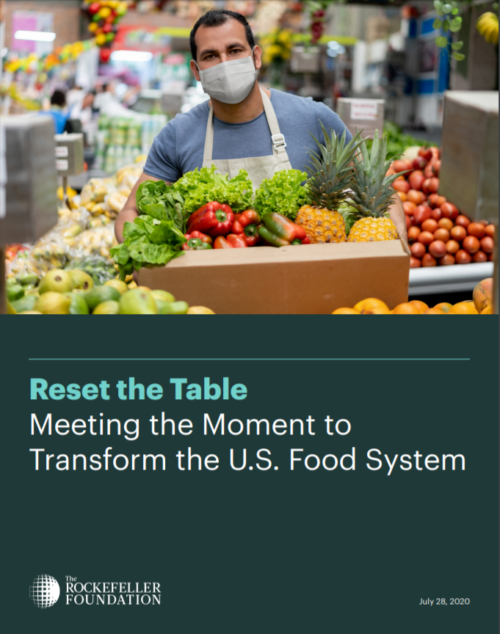The UK’s National Food Strategy
Yesterday’s post was about the UK’s efforts to restrict the marketing of junk foods to children. This is part of a larger effort to establish a rational framework for improving the entire food system.
In 2020, the government published Part One of the Food Strategy Report it had commissioned from Henry Dimbleby. The report comes with a 3-minute film explaining what it is about.
The Part One report announced a forthcoming Part Two to evaluate the current system and set recommendations, and explained its philosophical basis:
Should nanny tell us what to eat?
The already complex job of working out how to help different people in different circumstances is complicated by one of the fundamental questions of political philosophy: what role should the state play in the private lives of its citizens? Libertarians and public health campaigners have fought a running battle for years over this question. But when it comes to diet, even fierce opponents of the “nanny state” now recognize that the problem is serious enough to warrant greater state intervention….The vast majority of those we spoke to (and almost every parent) said they were fed up with being bombarded by junk food marketing and thought the state should intervene.
Henry Dimbleby’s Part Two report is now out (he described it to me in an e-mail as a “bit of a labour of love”). Here it is: The UK’s National Food Strategy
His report is based on evidence summarized in a slide deck of 175 items.
The report’s 14 recommendations are summarized, with rationale and references, in a separate document. Most of the recommendations deal with school feeding and and feeding programs for the poor. Some are likely to get focused attention:
- Recommendation 1. Introduce a sugar and salt reformulation tax. Use some of the revenue to help get fresh fruit and vegetables to low income families.
- Recommendation 11. Invest £1 billion in innovation to create a better food system.
- Recommendation 13. Strengthen government procurement rules to ensure that taxpayer money is spent on healthy and sustainable food.
The first recommendation comes with its own, separate report on the impact of a tax on added sugar and salt.
The responses:
The government-commissioned National Food Strategy, drawn up by the restaurateur Henry Dimbleby, says the UK population’s “malfunctioning” appetites and poor diets – fuelled by consumer and manufacturer’s reliance on processed food – place an unsustainable burden on the NHS and contribute to 64,000 deaths each year.
Its most eye-catching recommendation is a levy of £3 a kilo on sugar and £6 a kilo on salt sold wholesale for use in processed food, restaurants and catering, which it says would be a world first. This would raise up to £3.4bn a year, some of which should fund an expansion of free schools meals to an extra 1.1 million children and an overhaul of itain’s food and cooking culture… Dimbleby believes the tax would incentivise manufacturers to reduce salt and sugar levels by reformulating products.
From FoodNavigator.com: From taxing salt and sugar to reducing animal proteins: The controversial proposals in the UK’s National Food Strategy paper. In 2019 the UK government commissioned a review of the country’s food system. Today, the results are in – and the far-reaching paper includes some controversial recommendations…. Read more [note: This has a good summary of the 14 recommendations].
From FoodManufacture.com
- National Food Strategy Part 2: sugar and salt tax plans: The National Food Strategy Part 2 has been published, revealing proposals for a sugar and salt tax on all processed products, except ingredients for home cooking, and on foods sold through foodservice channels…. Read more
- National Food Strategy Part 2: reactions: The National Food Strategy Part 2 has provoked mixed reactions, with big grocery retailers backing calls for mandatory reporting of key information, while others have criticised sugar and salt tax proposals…. Read more
And for a broad look at what’s happening in UK food policy, see: Testing Times for UK Food Policy: Nine principles and Tests, by Tim Lang, Erik Millstone, Terry Marsden. This deals with holding governments accountable.
The Discussion Paper examines the state of post-EU UK food security and policy. It applies a multi-criteria approach, seeing food not as a matter that can be reduced to one overarching goal – cheapness, say, or supermarket availability – but as an issue on which public policy has to weigh up and include several equally worthy and evidence-based concerns. The report offers an approach to ensuring UK food security in the years ahead. It offers nine public-interest Principles which should guide future food policy. These propose that it is possible to capture a consensus on the need for change and what it entails. Each Principle leads to a Test that the UK public and policy-makers could apply to any policy proposals for the food system that emanate from Government in coming months.
Tim Lang’s book, Feeding Britain, is essential reading to understand what’s happening—and not happening—in the UK.
The UK government is thinking and acting on food policy issues. If only ours did too.





